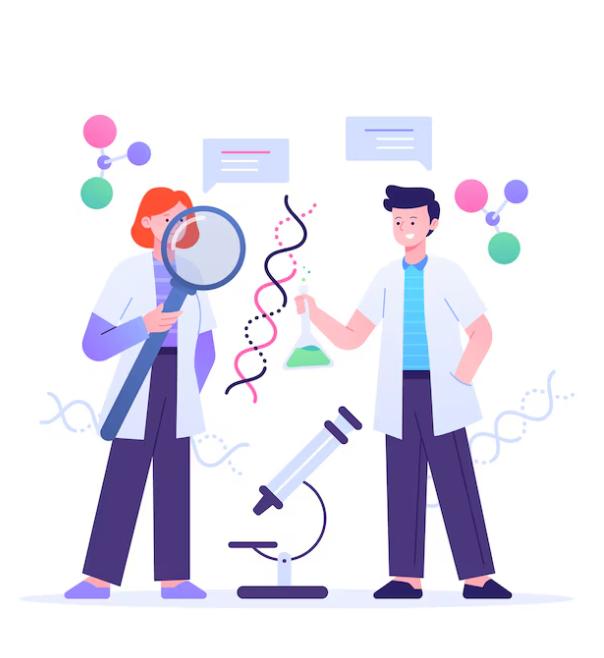
The Role of Hormones in Advocacy and Support for Osteogenesis Imperfecta
Introduction: Living with Osteogenesis Imperfecta (OI), also known as Brittle Bone Disease, comes with its challenges. Thankfully, there are advocacy and support organizations dedicated to helping individuals and families affected by OI navigate their journey. In this blog, we’ll explore how hormones play a role in supporting these efforts.
Hormonal imbalances occur when there is either too much or too little of a hormone in the bloodstream. In the context of Osteogenesis Imperfecta (OI), hormonal imbalances can exacerbate bone fragility and affect overall health. Hormones such as estrogen, testosterone, growth hormone, parathyroid hormone, and vitamin D play crucial roles in bone growth, maintenance, and repair.
For individuals with OI, hormonal imbalances can worsen bone density and increase the risk of fractures. For example, low levels of estrogen, often seen in postmenopausal women or individuals with hormonal disorders, can lead to accelerated bone loss. Similarly, deficiencies in vitamin D can impair calcium absorption, essential for maintaining bone strength.
Understanding and managing hormonal imbalances are essential for individuals with OI to minimize fracture risk and maintain bone health. Healthcare providers may recommend hormone replacement therapy, dietary changes, and lifestyle modifications to address these imbalances. Regular monitoring of hormone levels and bone density through medical tests can help track progress and adjust treatment plans accordingly.
Furthermore, ongoing research into the relationship between hormones and OI aims to develop targeted therapies that address both the underlying genetic defect and hormonal imbalances. By addressing hormonal imbalances alongside genetic factors, researchers hope to improve treatment outcomes and enhance the quality of life for individuals living with OI.
Advocacy and Support Organizations: Numerous organizations worldwide are committed to advocating for individuals and families affected by OI. These organizations provide valuable resources, support networks, and educational materials to empower those living with the condition and their loved ones.
Role of Hormones in Support: Hormonal imbalances can impact the physical and emotional well-being of individuals with OI. Advocacy and support organizations often address these aspects by promoting awareness, facilitating access to healthcare resources, and advocating for research into hormonal therapies and treatments.
Fostering Community and Awareness: Advocacy and support organizations create inclusive communities where individuals with OI and their families can connect, share experiences, and find solidarity. By raising awareness about OI and the role of hormones, these organizations foster greater understanding and empathy within society.
Conclusion: Advocacy and support organizations play a vital role in the lives of individuals and families affected by Osteogenesis Imperfecta. By understanding the impact of hormones and addressing hormonal imbalances, these organizations provide invaluable support, advocacy, and community for the OI community.
To seek medical advice, always consult a Doctor. Here are our recommended experts. Click Here
To read more on Brittle Bone Disease Or Osteogenesis Imperfecta. Click Here



